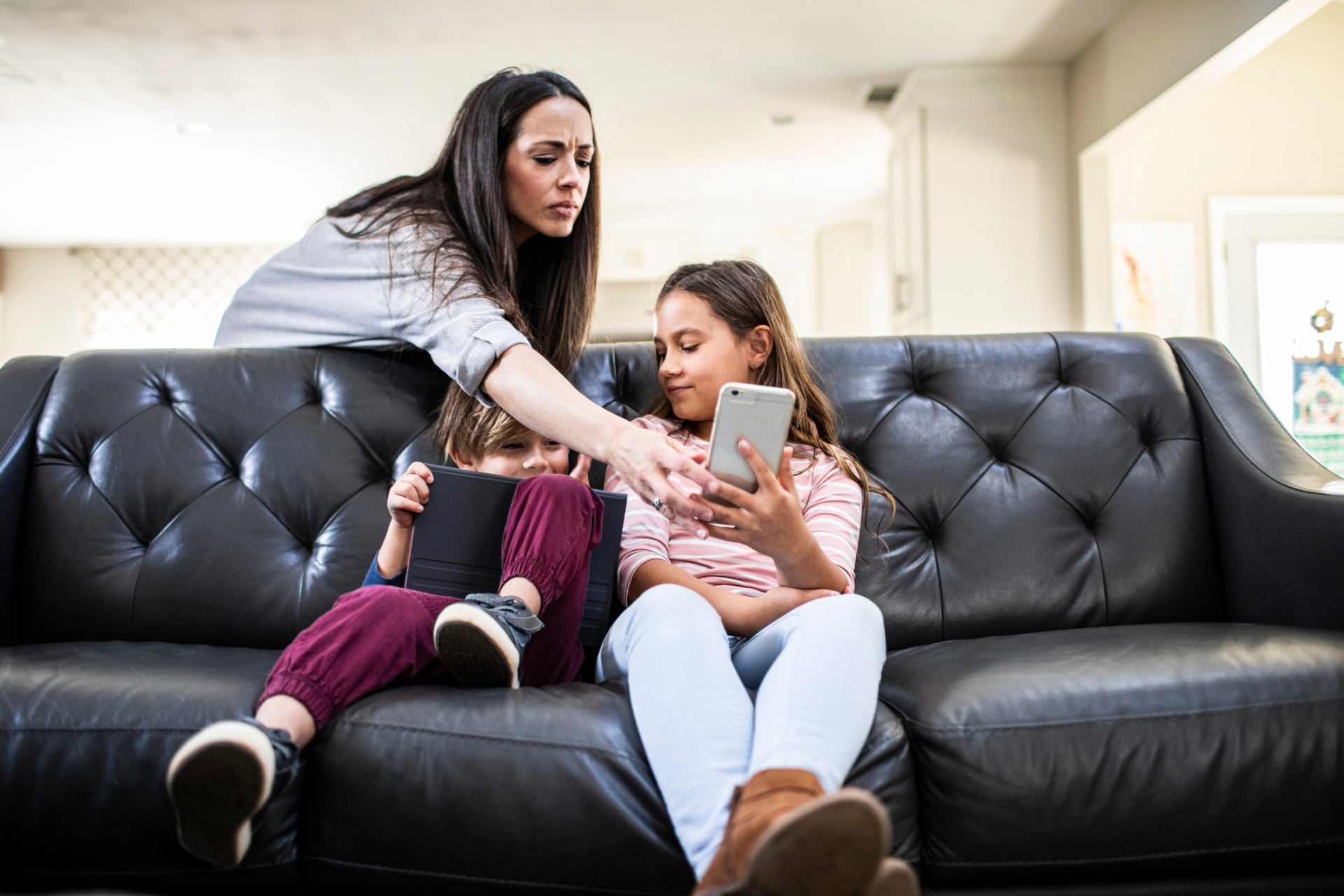On Wednesday, tech executives from five of the biggest social media platforms are set to head to Capitol Hill to testify about their companies’ efforts to protect children from online sexual exploitation. The answers they give could go a long way toward determining the future of the Internet, and how involved the federal government will be.
In recent years, there’s been growing momentum among lawmakers to pass some sort of online safety legislation to protect minors, and appears to be one of the few topics garnering broad bipartisan support. Last year alone, both the Kids Online Safety Act (KOSA) and the Children and Teens’ Online Privacy Protection Act (COPPA 2.0) advanced out of the Senate Commerce Committee. While some digital rights advocacy groups warn that KOSA could promote censorship and actually impact the privacy of users of all ages, it is sponsored by 47 senators, from both sides of the aisle, and therefore likely has the best chance of becoming law.
Wednesday’s hearing will feature Mark Zuckerberg, CEO of Meta, Jason Citron, CEO of Discord, Evan Spiegel, CEO of Snap, Shou Zi Chew, CEO of TikTok, and Linda Yaccarino, CEO of X (formerly Twitter). Curiously, no one from Google-owned YouTube was invited, despite its enormous popularity with teens.
While Citron, Spiegel, and Yaccarino had to be subpoenaed to appear, the X CEO reportedly isn’t waiting for the hearing to meet with lawmakers. According to Axios, Yaccarino has sat down with several senators in the past week to explain the steps X is already taking to combat child sexual exploitation, and on Saturday, the company announced a new trust and safety center of excellence in Austin, Texas, vowing to hire more in-house agents to review exploitative material. This also comes on the heels of the platform being flooded with explicit A.I.-generated photos of Taylor Swift. Additionally, it will be Congress’ first opportunity to get a look at how the company is being run since its acquisition by Tesla and SpaceX CEO Elon Musk.
This isn’t the first time Congress has held a hearing to investigate how companies are protecting children online. A 2023 hearing featured experts and advocates, meaning this will be executives’ first opportunity to weigh in directly. But with a presidential election looming, the continuous advances of artificial intelligence, and the chorus of critics growing larger and louder seemingly by the day, the usual responses may not cut it this time around. The companies in question have taken steps on their own recently, with Meta proposing federal legislation that would hold app stores accountable for verifying user ages, instead of individual social media companies. TikTok, meanwhile, has introduced a “take a break” reminder, and Snapchat has expanded its parental oversight tool.
Despite these efforts, lawmakers are hoping to use Wednesday’s hearing to show that they aren’t enough, and place too much pressure on individual parents and caregivers to keep kids safe. Congress is also buoyed by strong public support on the matter, with a recent poll by the Council for Responsible Social Media showing 87% of the electorate believe it is important for President Biden and the federal government to take action to “address the harmful impact of social media on children and teens.” The same poll showed 49% of all voters said it was “very” important to address the matter, meaning Wednesday’s hearing won’t just have high stakes for the companies involved but could also have an outsize impact on which party controls Congress, and possibly the White House, come November.













